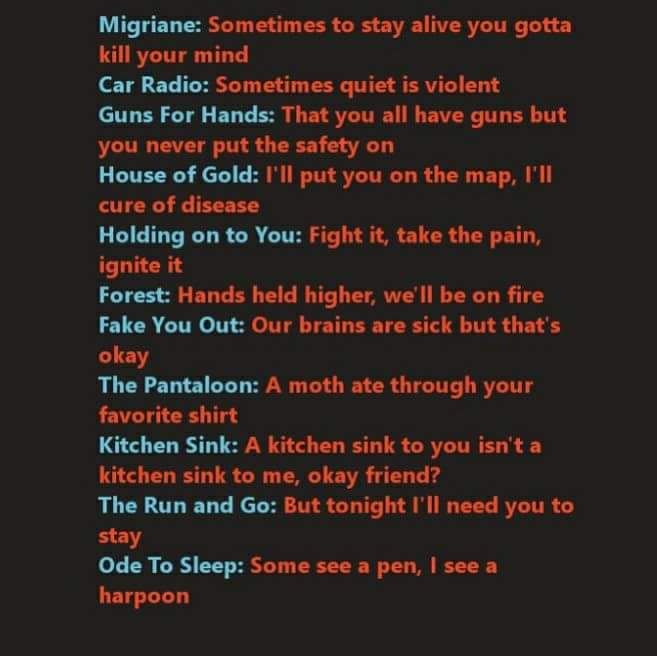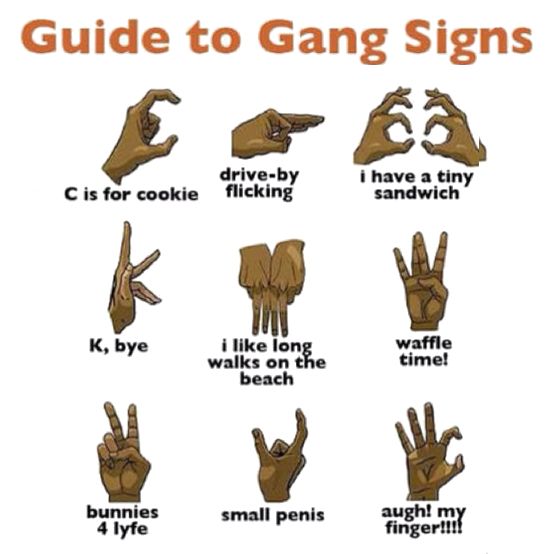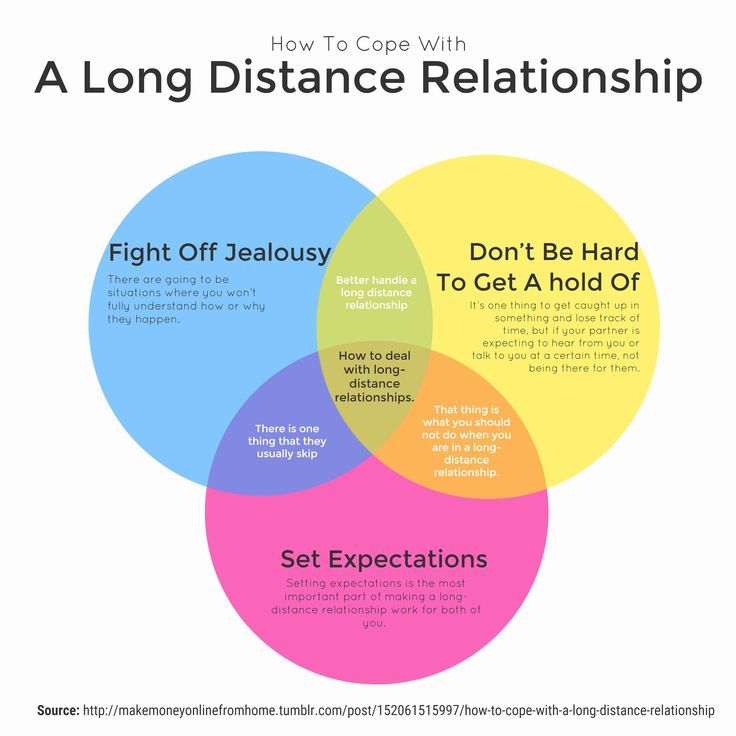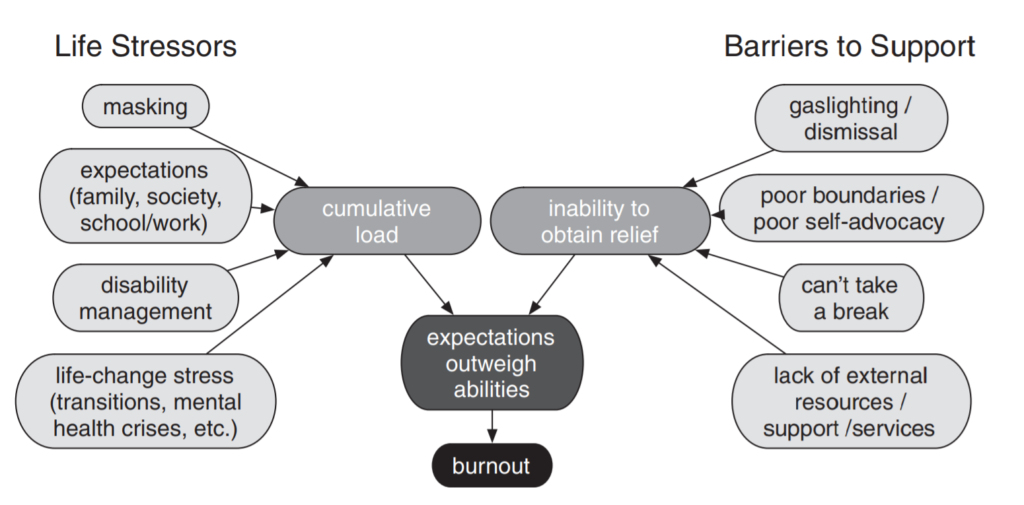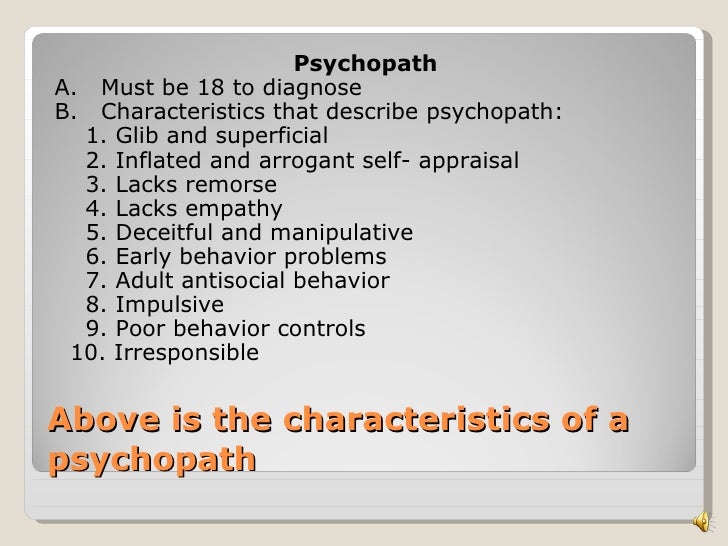What do you need to stay alive
The 5 Things You Need To Stay Alive
By Just In Case Jack | Last Updated: February 20, 2023
Let’s Do A Quick Basic Survival Needs Thought Experiment.
If we strip away all the BS…what does a human being really need to survive?
- Not taking into account what makes us comfortable.
- Ignoring the discussion of avoiding injuries or disease.
- Not figuring out what it takes to thrive.
At the end of the day, what are the basic human needs for survival to avoid premature death?
Oxygen, water, food, shelter, self-defense...that’s it.
If you plan for and meet these 5 survival needs, you can reasonably survive any scenario.
It may not be pretty, life might not be “worth” living, and you might have psychological issues, but your immediate physical needs will be met, and you can survive.
This thought exercise is worth doing because sometimes getting prepared can become overwhelming…, especially for those new to prepping.
When you research all the survival products and information available, it’s very easy to get overwhelmed and confused about where to begin.
Unfortunately…for many, this equates to throwing in the towel and giving up.
Finding it easier to convince themselves “SHTF will never happen” instead of putting forth the effort to be ready “just in case IT does.”
The Surprising Reason People Live A Fragile LifeSo if you are considering survival options…where should you start?
What should your human survival needs be? Let’s start with the basics…
You ONLY Need These 5 Things to SurviveThe good news is there’s not much you need to do to prepare for this one.
Even in a TEOTWAWKI survival scenario, there will likely still be abundant oxygen, and if not…we are all screwed anyway.
The two big exceptions are nuclear fallout and highly contagious airborne diseases, where the air is deadly to breathe. So for these scenarios, get a gas mask, stay indoors, and avoid unnecessary interactions with others.
First basic survival need, done.
2. Survival Priority 2 = WaterOk, this one is really important.
We need lots of water and a constant procurement of more for the long haul. But let’s try to keep things simple…you have two basic choices for water acquisition.
- You can live near a large or continuous source of natural freshwater
- You can stockpile a ton of the stuff
Ideally, you want to plan for both, but to start, pick one and ensure you do it right.
So decide which option is best for you (factoring in location, family size, etc.) and then take meaningful action to plan a procurement strategy.
Humans need to consume about Half a Gallon of water per day to avoid the onset of dehydration. You need to have a water plan assuming the taps go completely dry.
You also should consider adding a rainwater collection system if you plan to store water. That way, you can continuously replenish your water stock every time it rains. Just pray it rains often enough to offset your usage over time.
Without putting a solid water procurement plan together before SHTF, you’re putting your survival in the hands of hope, fate, and dumb luck…not smart.
3. Survival Priority = Food
Survival Priority = Food Sure…you can go quite a while without food, but at some point, you need to replace the calories you expend to avoid starvation. You can even go severely calorie negative for weeks (or even months), but eventually, math wins (calories in vs. calories out), and you’ll need to find a balance.
Let’s attempt to keep this one simple as well…the way I see it, you have 2 basic choices.
- You can either stock a lot of foods that have long shelf lives
- You can grow/raise your own
To be honest, you should do both of these.
Stockpile food supplies won’t last forever without systematic replenishment, and without a decent-sized initial food stock, you’ll have a difficult time between growing seasons and lean times.
Having a food plan is critical before SHTF…I cannot imagine someone surviving very long improvising after SHTF on food procurement, and handouts will not be likely.
Even if it gets really cold, you can survive the elements with a decent shelter to keep wind and rain off of you.
You also want to have some basic fuel stockpiled (firewood) and ration it smartly so you can stay warm even on the most frigid nights.
So any basic (non-leaky) shelter will do that job. A home, cabin, RV, tent, or even a cave can suffice. Ensuring you have a main shelter and a backup survival shelter is about all you can do for this need.
Worst case, you might be able to find abandoned shelters if you have to leave your primary one.
If you reside somewhere where trees are abundant (and the population density is not extremely high), you can chop them down as needed. If not, you might want to start building your firewood stockpile or bug out to a location with abundant trees.
I CAN imagine someone improvising their shelter plans. At least more so than food and water.
I’m not suggesting you should improvise your shelter plans; just that I can envision surviving with some pretty basic shelter setups for a very long time if push comes to shove.
5. Survival Priority = Self-DefenseWhen humans are desperate, we will default to a dog-eat-dog mentality.
If you have no defensive weapons, gear, or skills, you will be at the mercy of those with a killer instinct.
So you need a self-defense plan.
You have many choices in this realm of survival; in my opinion, you can never have too many self-defense skills. To keep things simple…I suggest starting with firearms and ammo.
Get a survival gun and store ammo for it.
Oh…and make time to learn how to use it.
Your Basic Survival Needs
So that’s how you start. With the basic survival needs of the body first.
With the basic survival needs of the body first.
- Invest in a quality civilian gas mask.
- Figure out your best water procurement option and implement it.
- Invest in your food stockpiling plan and implement it.
- Ensure you have a decent shelter (preferably with firewood available).
- Get a gun and stock ammo for it.
Congratulations…you are probably more prepared than 99% of your fellow Americans.
By the way, I’m not against advanced survival skills such as survival radio communications, off-grid power generation techniques, caching supplies, survival bunkers, etc.
They are all worth learning in due time, but they are the “thrive” part of survival needs, which you should only start working on after you accomplish the “survive” part of your basic survival needs.
Prepare, Adapt, and Overcome,
“Just In Case” JackP.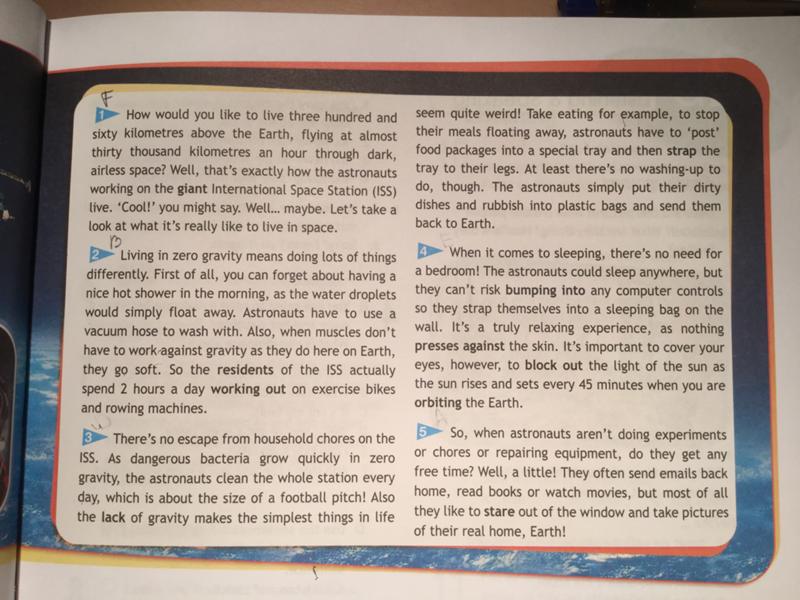 s. Are you ready for the tough times ahead?
s. Are you ready for the tough times ahead?
Find out now by taking my short Readiness Score Quiz - it’s absolutely free. Once complete, you’ll know exactly where you stand on the “fragile” vs.” resilient” spectrum.
So click here to start the Quiz….And don’t worry; the questions are so easy a 3rd grader could answer them. Click on the image to begin the Quiz and find out once and for all if you're part of “The Fragile Masses” or “The Resilient Few.”
Get My 10 Steps To Basic Preparedness Video For FREE.
Plus daily survival tips (unsubscribe anytime).
Recommended Reading
Fuel Storage: How To Store Fuel For The Long Haul
Long term fuel storage is crucial in all survival situations, but fuels must be stored properly and safely to keep, especially long term gasoline storage.
Seed Saving and Seed Storage For Survival
It is important when seed saving and seed storage that you know why you need to save seeds, how to save them, and how to use them after being saved.
Best Everyday Carry Mistakes You Need To Avoid
The only person who is qualified to build YOUR Best Everyday Carry (EDC) is YOU. Learn the best practices, truths and mistakes to take into consideration.
Strategic Relocation: Finding Your Ideal Safe Haven
Use strategic relocation to find a safe, defendable location to call home. Your choice of location WILL determine your survival fate.
Nuclear Explosion Map: Are You In The Danger Zone?
Have you ever visited a Nuclear Explosion Map to see the damage a nuke would do to a city? In today's modern world, the nuclear threat is alive and well.
Homestead Survival: 6 Steps To Build A Safe Haven
A Simple 6 Step Action Plan To Successfully Go From "Your Bug Out Scramble" To "Your Thriving Homestead Survival Safe Haven".
What You Need To Stay Alive?
Total
Shares
Today, the question: what do we need in life to survive, probably doesn’t get as much attention as it deserves. Many may only consider what the basic physical needs for survival are and after ticking off a few boxes: ‘food’, ‘water’, ‘clothing’, ‘shelter’, they drop any further questioning or investigation. Some may go further while others may simply limit themselves to following what society and culture has told them is important.
Have you asked yourself the question?Have you ever asked yourself: what do I need in life to survive? If you’ve asked yourself this question and have made it past the level of basic physical survival, you’ve probably seen how vast the domain of exploration, contemplation and discussion, that opens up, really is.
However, if you haven’t taken up this question further, now might be a good time to do so before reading on. What does it mean to survive?
What does it mean to survive?
Abraham Maslow’s Hierarchy of Needs
One known theorist in the field of psychology during the last century, Abraham Maslow, was very keen to explore the question of needs and survival as well as the facets of the human psyche that it reveals.
In 1943, Maslow presented a paper entitled, A theory of human motivation’ later known as Maslow’s Hierarchy of Needs, which illustrated the different fundamental human needs for survival.
In this hierarchy, which later took the shape of a pyramid, Maslow pointed out that there are some basic survival needs which generally need to be addressed (fulfilled) before being able to attend to and fulfill higher more ‘refined’ needs.
This was the general principle to begin with until it later evolved when Maslow emphasized the interconnection between different needs and their overlap.
Today, while Maslow’s pyramid is still very much used by many, both in the field of psychology and in many other disciplines, the different hierarchical levels are generally considered to be in a kind of continuum of interaction and overlap. Instead of being represented as a pyramid (which in fact Maslow never used as a symbol), some consider them to be more akin to a set of revolving and overlapping spheres.
Instead of being represented as a pyramid (which in fact Maslow never used as a symbol), some consider them to be more akin to a set of revolving and overlapping spheres.
Keeping this in mind, let’s have a look at the 5 main needs initially proposed by Maslow, as well as a few elements he later brought forth.
Basic Survival Needs: 5 Elements You Need to Stay Alive?
At the base of the pyramid are included: food, water, air, homeostasis, sleep, health, and even sex which was included here since it related to the reproductive necessity needed in order to ensure the continuation of the human species. Elements like clothing and shelter, also belonging to the base of the pyramid, were generally part of the second ‘stage’ which discusses the need for security.
Maslow initially postulated that these basic needs are essential and when not fulfilled they can create pain, suffering, and illness and as a result, prevent an individual from striving towards the fulfillment of his or her higher more refined needs. For example, an individual on the brink of starvation would not be inclined to fulfill higher, more refined needs such as learning a new language but instead, do everything in his/her power to find something to eat.
For example, an individual on the brink of starvation would not be inclined to fulfill higher, more refined needs such as learning a new language but instead, do everything in his/her power to find something to eat.
1. Air
In order to live you need air. That’s pretty self-explanatory. There are basics of survival that state that man can only survive for 3 minutes without air, 3 days without water, and 3 weeks without food. Lucky for us, air is plentiful….for now.
2. Water
If you can only survive without water for 3 days (again that’s a rough estimate, as there are many people who have gone up to seven days, even 18 days with no water) then you likely can not do much else with your life until you get clean water to quench your thirst.
3. Food
Undoubtedly food is likely the third most important element the body needs in order to survive. If one can roughly go 3 weeks without food, (and likely many of those days you would have such low energy that you wouldn’t be able to accomplish much) then you can’t really go beyond without having food taken care of.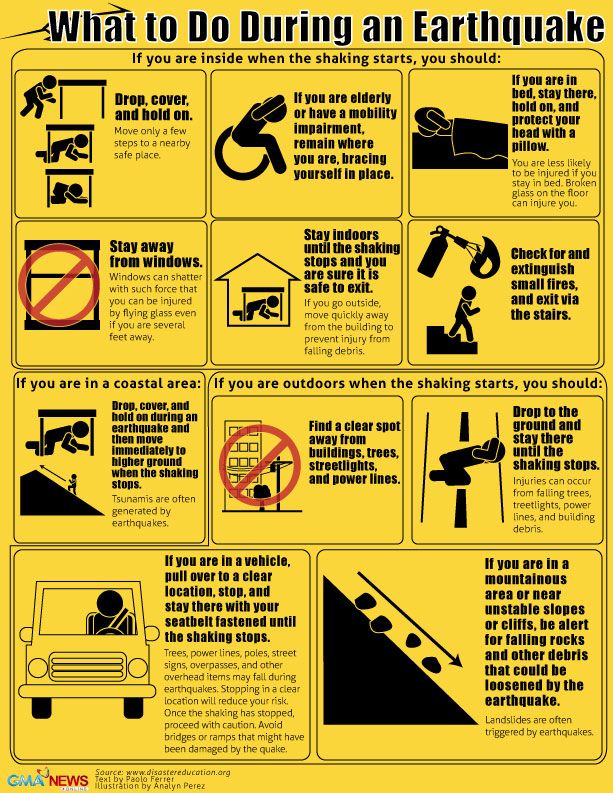
*However, just a small note here.* It could be argued that hunger does not necessarily need to block everyone from fulfillment and striving towards certain higher and more refined needs. This is observable when we read accounts of the lives of great zen masters who could deprive themselves of food for long durations since their dedication and purpose was so intensely directed towards something otherworldly, far beyond simple physical needs. Or even those breatharians, that claim they “eat” from the rays of the sun.
However, for us mere mortals, food is still a necessity. And most of us, we need food, daily else we feel less than fulfilled.
4. Shelter
Along with the elementary needs for physical sustenance comes the need to build a good shelter or living environment where security and safety are met. This is understandably high on the list of physical needs. This will generally take the shape of a shelter or home where we can live and be protected from the elements and possible outer threats.
This goes along the same lines of self-preservation that motivates us to find food and water.
5. Self Defense
The general need to be free from fear of others, from feeling threatened, from tyranny and war also fit in at this level. In today’s society, we also seek greater levels of financial security which goes hand in hand with the need for job security. Tools like insurance have also been created in an attempt to offer more stable financial security in case of an unforeseen event.
Much of modern society has been organized to protect the individual from others. Property rights, the right to bear arms, the right to defend yourself all attempt to promote the right to life.
There is a primal innate fear of others and the need to seek security that is hardwired into the human brain. You don’t have to look around very long to notice how much of human behavior is driven by the desire to feel secure.
The Illusion of Security
Before moving on with Maslow’s original theory it is important to point out that many of the basic human needs, while quite simple and even technical, have often taken a psychological form and thus have become much more complex and even distorted at times.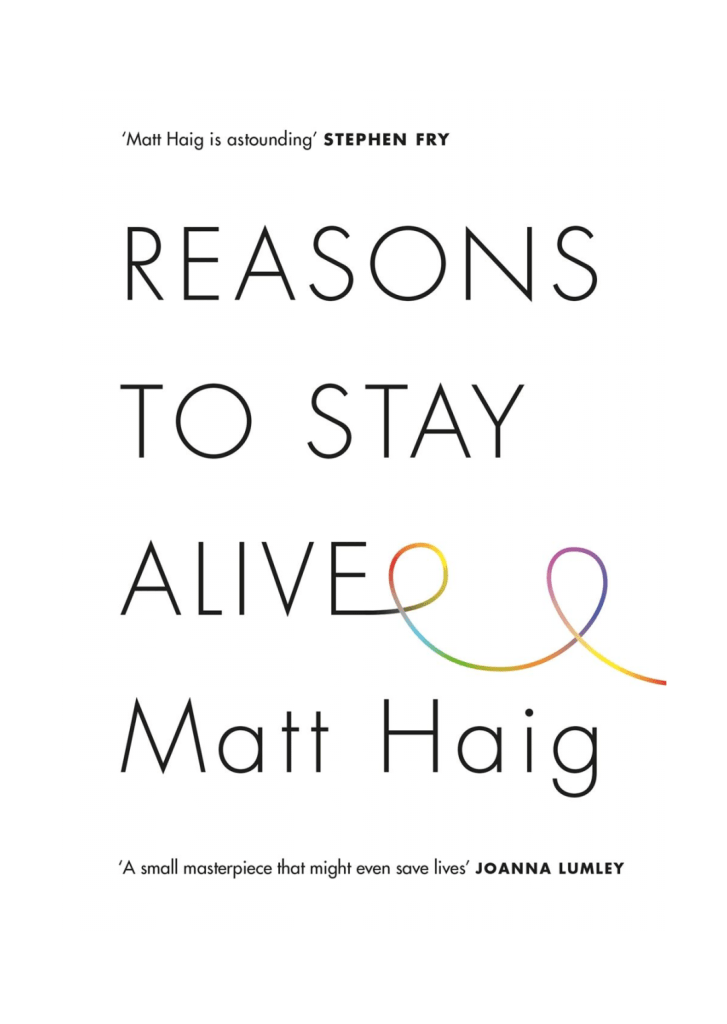
For example, financial security is one domain that is constantly emphasized in today’s society and it seems that many spend their entire lives engaged in its pursuit, finding out, often too late, that they will never truly achieve any semblance of it. Instead, they will fall into seeking always more.
While some financial responsibility and intelligent choices regarding money and wealth can be made in order to establish a certain financial stability, it cannot be said that true financial security really exists.
Moreover, having some insurance, savings in the bank and a steady job doesn’t protect us from death nor from illness or any other change at the social level. No security is ever truly secure. Why? Because we live in a world of constant change, where markets can crash or we can drop dead at any moment.
The Only Truth is Change
Understanding the fundamental impermanence of things can be very freeing since it reflects a very real and dominant factor in life, one that we often struggle to accept. If you don’t agree, just ask impermanence’s primary representative, death. It will knock on everyone’s door one day or another, most often unannounced.
If you don’t agree, just ask impermanence’s primary representative, death. It will knock on everyone’s door one day or another, most often unannounced.
Death is also present all around us in nature as the force of transformation. Where something seemingly ends, a new beginning is born. Contemplating death can also help us clarify what our deepest purpose or needs are. What would you do if you only had one month to live? One week. one day?
Unfortunately many ignore the imminent reality of death and impermanence and continue trying to gain more and more wealth, thinking that it will bring them lasting security and therefore some sense of fulfillment or happiness. While some amount of financial stability is helpful, more than what is needed can actually become a burden and can even inhibit us from fulfilling our deeper needs.
If you don’t agree, take a closer look at the lives of some of the wealthiest people on the planet or those who are rich and famous. Their lives are filled with tragedy. Wealth doesn’t solve the problems we think.
Their lives are filled with tragedy. Wealth doesn’t solve the problems we think.
Higher Human Essential Needs
Psychological Needs
Beyond the base needs mentioned, are the needs relating entirely to our human psychology. First comes the idea of social needs, including the need to connect to one’s family and friends. In relation to this, there can be the need for intimacy or emotional connection, as well as an overall need to belong.
Social Needs
When family connections or other intimate relationships are not explored or perhaps not possible for whatever reason, people will look for this sense of belonging by joining a group or some kind of organization. Whatever type of relationship is explored, there is usually a keen desire to belong and/or to feel loved.
Relating to others is argued by many as helping to stave off or lower the feeling of loneliness, anxiety and depression. However, in many cases, the challenges and difficulties originating from relationships, when it is not a harmonious one, can also aggravate such feelings. Though as a whole we can not exist outside of relationships (unless you are a hermit) as they form an intrinsic part of our sense of self and help to give us a greater sense of well-being.
However, in many cases, the challenges and difficulties originating from relationships, when it is not a harmonious one, can also aggravate such feelings. Though as a whole we can not exist outside of relationships (unless you are a hermit) as they form an intrinsic part of our sense of self and help to give us a greater sense of well-being.
Self Esteem Needs
In connection to social needs we also find self-esteem needs. First at a lower level where an individual seeks out the approval of others. How they feel about themselves is in many ways socially and culturally set. The idea of success and of what generates happiness is also very much influenced and often almost entirely fabricated by the media and the advertising conglomerates.
Whatever sphere of influence remains, is most often taken up by the different collectives and cultures in general which surround us. A new car, a big house or a job where we essentially don’t have to work much and have a bunch of free time, are all goals pushed by our culture and promoted as being part of the ideal life full of lasting happiness and rainbows.
If the individual evolves further, this lower self-esteem flowers and becomes more grounded in self-respect and self-acceptance. At this point, some argue that a deeper exploration of what really brings fulfillment is possible.
Here whatever our society is telling us gets placed on the backburner. This self-acceptance naturally leads to or is in close connection with the 5th pillar or echelon, which sees us striving towards achieving our full potential whatever that may be.
Self Actualization Needs
According to Maslow, when our lower needs have been met at least to a certain degree, we can explore more deeply the realm of self-actualization, also known as achieving one’s full potential. Here individuals explore and contemplate what their deepest life purpose is or what they feel most called to do or explore. It is about finding your bliss or being the best that you can be at something or in life in general.
When self-actualization flourishes there is also an impact on the other lower needs. When you feel more on purpose and in tune with your inspiration, you will probably, naturally feel more purposeful. No longer going around seeking other people’s approval.
When you feel more on purpose and in tune with your inspiration, you will probably, naturally feel more purposeful. No longer going around seeking other people’s approval.
As Harold Whitman once wrote:
“Don’t ask yourself what the world needs. Ask yourself what makes you come alive, and then go and do that. Because what the world needs are people who have come alive.”
Just for clarification, and in circling back, that these higher needs are not separate from and need not necessarily come after all the other basic needs have been fulfilled.
- Firstly because it is possible to find deep purpose and satisfaction even while dedicating yourself to meeting some of your basic needs.
- Secondly, while it may require taking a leap of faith, when we live our lives following that calling, often our other more basic needs fall into place more naturally.
This is no easy territory, however; the internet is filled with hundreds of self-help gurus who proclaim, you will be successful in life if you breathe in this way for 5 minutes and eat a bowl of kale every day. We are going to call B.S on all that.
We are going to call B.S on all that.
The Pinnacle of Human Needs
More than 25 years after first presenting his ideas on the hierarchy of needs, Maslow added further echelons to the ‘pyramid’. First cognitive and aesthetic needs and finally that of the need for transcendence.
There seems to be less discussion upon these later additions as compared to the cornucopia of information and commentary on the first five echelons. Perhaps this is due to the fact that most of our society finds itself governed by these five main categories of needs and only a small percentage of people break out, question and explore deeper.
It should also be emphasized that transcendence is a domain, very little explored and constitutes a subtle space not easily accessible even for those who are less caught up in the fulfillment of lower needs and are trying to actively access it.
Transcendence
In his exploration of this ultimate and final need, Maslow spoke of a term he himself coined, called, peak experiences. Such experiences are intimately real and directly experienceable by any individual open enough and having the right aptitude.
Such experiences are intimately real and directly experienceable by any individual open enough and having the right aptitude.
These experiences also referred to as a state of flow, zen, or moments of clarity. These peak experiences can bring a person beyond the realm of ordinary thought and into a perception that is non-ordinary.
Many say that at this stage, any other lower need seems trivial as compared to the clarity one perceives during a peak experience. Such experiences, as they are peak experiences, do not usually last and are not really goals in and of themselves, but rather come as a result or a culmination.
The Simple Element of Transcendence
Is it possible to view the need for “self-actualization” and “transcendence” as apart of all other needs?
This is a question that doesn’t need answering as we all have to explore it and enquire for ourselves. If we can perhaps set aside some of our ideas of what comes with the words “self-actualization” and “transcendence” we may begin to see them more plainly.
They needn’t be equated with a grandiose state of mind or only exist in some elevated human, but might be something that is much more simple and real, rather than the heady notions found in psychological theories or spiritual texts.
Can self-actualization not just be a simple expression of clarity where we see things clearly exactly as they are?
Whatever it is, it will likely be up to each one of us to find out. What does transcendence mean for you?
References
- https://commons.wikimedia.org/w/index.php?curid=77918631#/media/File:Maslow’s_Hierarchy_of_Needs.jpg
- https://www.verywellmind.com/what-is-maslows-hierarchy-of-needs-4136760
- https://www.medicalnewstoday.com/articles/325174
- https://nypost.com/2017/06/15/breatharian-couple-survives-on-the-universes-energy-instead-of-food/
- https://www.theschooloflife.com/thebookoflife/the-importance-of-maslows-pyramid-of-needs/
Total
Shares
How to leave public service and stay alive / Habr
"And how do you imagine it? And who will work for you? You betray your family" - these are the first words of my leader to the phrase about a possible departure.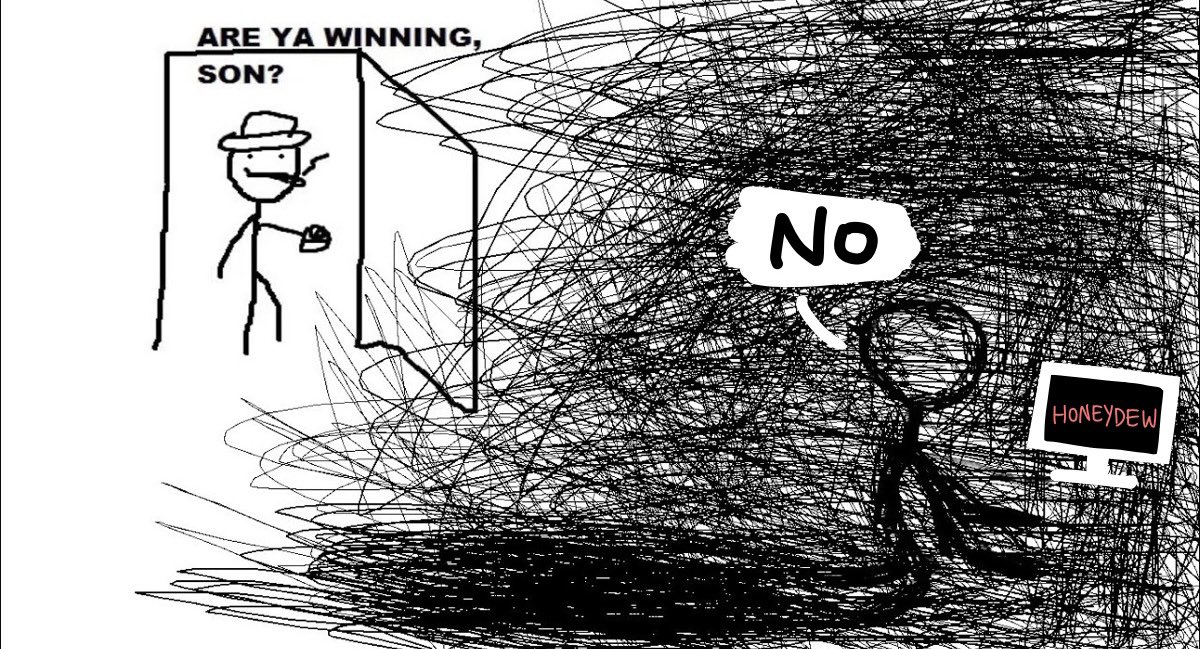
Hello, my name is Mikhail, and I am a government worker. A programmer who was able to grow from a simple junior programmer to the head of the IS development department. I went to such a long career growth for 8 whole years, thanks to which I found several good friends and buddies, a cool team, and just grew from a green student to a leader (probably even a very good one). At the same time, there were many BUTs. It is about such BUT and will be discussed.
1. Work is family
My boss kept repeating that I have obligations to the team. We need to stick together, we have a common task, and in general we see each other more often than with wives and children.
"Are you going to frame your colleagues? Do you have any idea how they will look at this?" - These words are in the very first echelon of managerial tricks to keep an employee and put pressure on his conscience and responsibility.
You don't need to treat your work like a family, otherwise the family will soon turn into a job that will kick you out.
2. No one works for money
A constant dilemma - have you become a good specialist who wants to start earning, or are you still a green student? Suddenly there are a bunch of specialists who work many times better than you?
"For such a salary there are a lot of students, they are ready to work even for 10 thousand, and you show off here" - I have heard such words several times from the highest leadership. For them, my experience should not correlate with salary in any way. There are a lot of memes on the Internet about the work of IT's in the state. enterprises, probably many have seen them. When for 20 thousand you have to work overtime and know everything.
I can say that it took me 8 years to reach the salary of 80 thousand. 10 thousand a year. Many workers outside the ITU have always said that we have huge salaries. Of course, if you compare with their salary of 25-30 thousand, then yes, we have big salaries. And on the Russian market, this is practically nothing.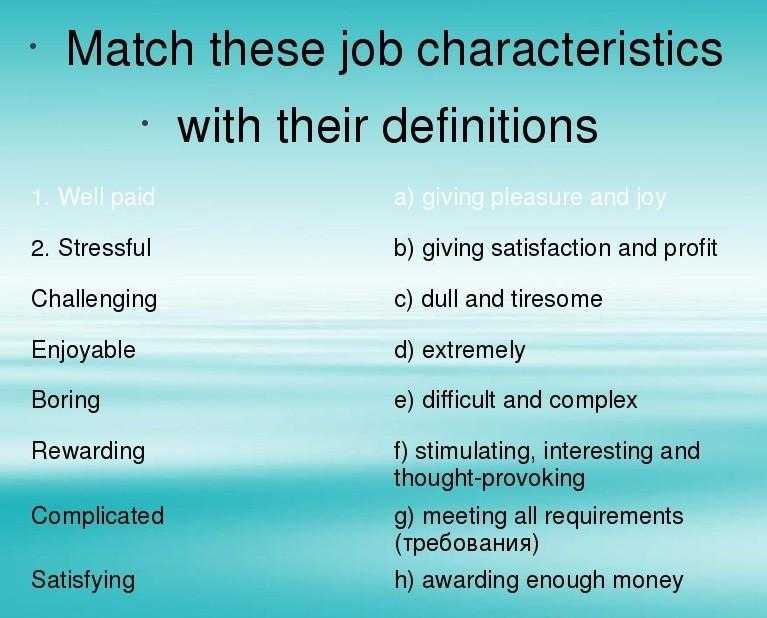 Slave work.
Slave work.
We always thought that everything would be fine, now we will finish the plan and start living. But this did not happen. And it won't happen.
We need to live today in order to be better tomorrow. The dollar is growing after all, but salaries are not particularly.
3. If you don't have employees, do the work for them yourself
This item has always pissed me off the most. With the approved work plan for the year, we constantly had to do work in excess of the plan. Something will always happen, you will constantly have to look for new solutions and resources that are not there.
In this case, the boss would say, "It means that YOU are not working well if YOU do not have time. I don't care how, but you must do everything within the approved deadline. Otherwise, you will have problems." And I dutifully had to sit down and program, test, implement, describe the process. In general, to combine both a young youth with paws, and a pea jester with a pipe, and a fakir who calms evil users.
If you are forced to do work for others, this is the problem of your management, because it is the boss who did not think about resources and deadlines. Throwing responsibility on your subordinates is a nuance of working in a state-owned enterprise.
4. Nobody needs you except our company.
This thought was put into my heads from the very beginning of my work. Needed where was born. Why look for something else, if everyone here is already relatives, their city, their team. If you want a free day, take a break, but if something happens, you will have to work for a week after work.
I can say that after 4 years of work I have already become a specialist ready to go further. All IT people constantly think that they don’t know a lot of things and their experience doesn’t mean anything at all. All people are afraid to be interviewed, to share their knowledge and experience. And suddenly they will say that I do not fit, that I will remain alone with a broken trough.
You need to eradicate this feeling of constant low self-esteem in yourself. You are not just sitting at the workplace, you are paid money for something. Although there may be a lot of people in the civil service who spit at the ceiling, but this is not about you, right? :-)
5. Are you tired? Burnt out? What about me? Do you think it's easier for me?
Not only I went through this, but also all the employees who left. From my own experience I can say that people who were responsible will always be so. It cannot be that a person wakes up and abruptly becomes lazy and careless. Most likely, the person just burned out due to constant stress and he does not like the working conditions.
Don't fall for managerial tricks that try to get through to your conscience. Propaganda works on state channels in a similar situation. And in Africa there is no water at all, but you have heating and water, why are you outraged?
6.
 New chairs? Office renovation? There are so many hands of workers here, let's do it.
New chairs? Office renovation? There are so many hands of workers here, let's do it. I can honestly say that I am not used to working with my hands. He was brought up in a family of builders, and a programmer came out. But I never thought that I could be forced to do renovations in the office. Although 7 years ago I thought it was normal. "You are doing this for yourself, for your own good" - seems to be the right idea, but now it seems wild to me. We cut out an arch between two offices to make it easier to work and not run down the corridor to colleagues.
And half a year ago my partner asked for a new chair, because the old one just fell apart and it was dangerous to sit on it. The boss brought us to a warehouse with completely broken chairs and offered to assemble a designer from what we had. "Guys, well, we don't have money for chairs. Gather them, twist them and sit, what nonsense are you doing." My colleague ended up bringing his own chair from home. And he quit after a couple of months. For him, this was the last straw.
For him, this was the last straw.
If your employer is trying to force you to do something that is completely unrelated to your work - refuse. It's his job to make his employee feel comfortable. You will see your workplace as much time as your home bed. Do not neglect your own convenience, because the grain of stress will eventually turn into a tree.
When I applied for my resignation, my boss put all management issues on my shoulders. I was to blame for the fact that the whole old team got together and left, that we did not have a replacement, that I let everyone down, and she wanted to put me in her place. Just need to wait. Maybe 5 years and everything will be fine. The dream is here, just reach out and be patient.
A small confession came out of my own emotions and inner anger. But on the lips there is a sweet taste of change that makes the blood boil like in my 18 years.
Puzzle interview questions with answers. Part 2 — Work.
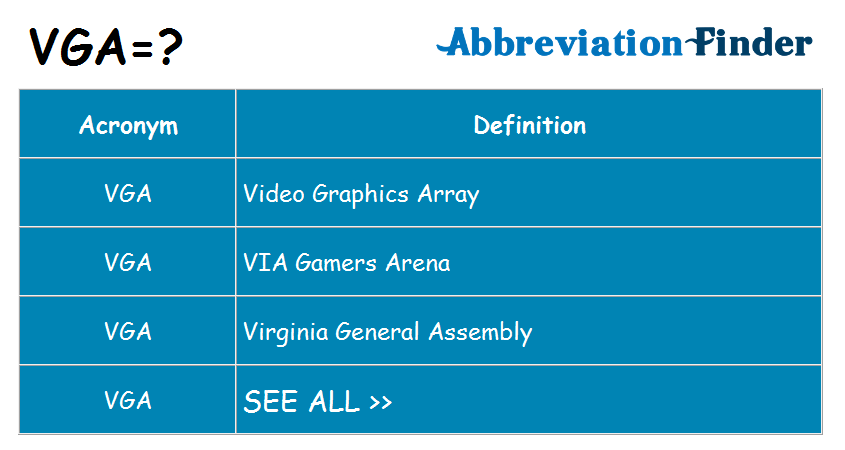 ua
ua
Work.ua continues to publish answers to the most difficult and unexpected interview questions, in which the candidate must show his ingenuity, logical thinking and imagination.
In the previous article, we wrote that sometimes puzzle questions may not have a single correct answer, but are designed to test the candidate's behavior in non-standard situations, find out how he thinks, and how he copes with difficult situations.
Work.ua has prepared 5 more puzzles that you may encounter on your way.
Billiard balls
This question is most often asked to IT professionals to test their ability to think logically.
Question: There are 8 billiard balls. One of them is slightly heavier than the others. What is the minimum number of weighings on a balance without weights to find this ball?
Answer: 2 weighings. It is necessary to divide all the balls into three parts: 3 balls in two parts, and 2 balls in the third part. First, weigh the first two parts of 3 balls. If one of the parts turned out to be heavier, then we weigh any 2 balls from it among ourselves. Either one of them will be the desired ball, or not weighted if they are equal. In case of equal weight of the parts at the first weighing, the heavier ball will be in the third part of the two balls.
First, weigh the first two parts of 3 balls. If one of the parts turned out to be heavier, then we weigh any 2 balls from it among ourselves. Either one of them will be the desired ball, or not weighted if they are equal. In case of equal weight of the parts at the first weighing, the heavier ball will be in the third part of the two balls.
House
Question: Draw a house.
Answer: It would seem that it could be simpler. We draw a square, a couple of rectangles and a triangle at the top. And here it is not. This test is designed for positions that require non-standard solutions from an employee and an individual approach to each task (designers, advertising managers). First, you need to get creative, and not draw a template house. Secondly, you must first clarify for whom this house is: who will live in it, and how many of these tenants will be. Do not start work without knowing all the nuances.
You may be asked to draw anything, not just a house. But you always need to find out all the details so that the final result is correct. And the process itself will mean much more than this final result.
But you always need to find out all the details so that the final result is correct. And the process itself will mean much more than this final result.
Elephant
Question: How can I find out the weight of an elephant without scales?
Answer: There can be a lot of options, you are limited only by your resourcefulness and imagination. For example, an elephant can be put on a barge and its draft can be noted. Then remove the elephant and put on the barge objects whose weight you know - five-liter bottles of water, for example. And when the draft of the barge is the same level as with the elephant, we multiply the number of items by their weight. The main thing here is your ingenuity.
M&M's Dragees
Question: Why is the icing on the famous M&M's dragees so smooth? How are they made, do they fly in the air?
Answer: Another question, the correct answer to which is not as important as the options proposed by the candidate. How would you solve this problem if you suddenly got into production? Would you keep the dragee on the air stream? Would you stick it on a thread where the logo is located? They are actually sprayed with icing in a rotating drum. Thus, their surface remains smooth, and the glaze is applied evenly. But your individual approach to solving this problem will mean much more.
How would you solve this problem if you suddenly got into production? Would you keep the dragee on the air stream? Would you stick it on a thread where the logo is located? They are actually sprayed with icing in a rotating drum. Thus, their surface remains smooth, and the glaze is applied evenly. But your individual approach to solving this problem will mean much more.
Russian roulette
The solution to this problem depends on the specifics of your profession. The answer can be found both with the help of exact calculations, and simply using logic.
Question: There is a six shot revolver. It has 2 bullets, both located next to each other. Your opponent spins the drum, puts the muzzle to his temple and pulls the trigger. The shot didn't happen. What do you do: pull the trigger right away or spin the drum first?
Answer: The correct answer is one - immediately pull the trigger. If you make accurate calculations, then the probability of staying alive in this case is 75%, and if you spin the drum first, it drops to 66.